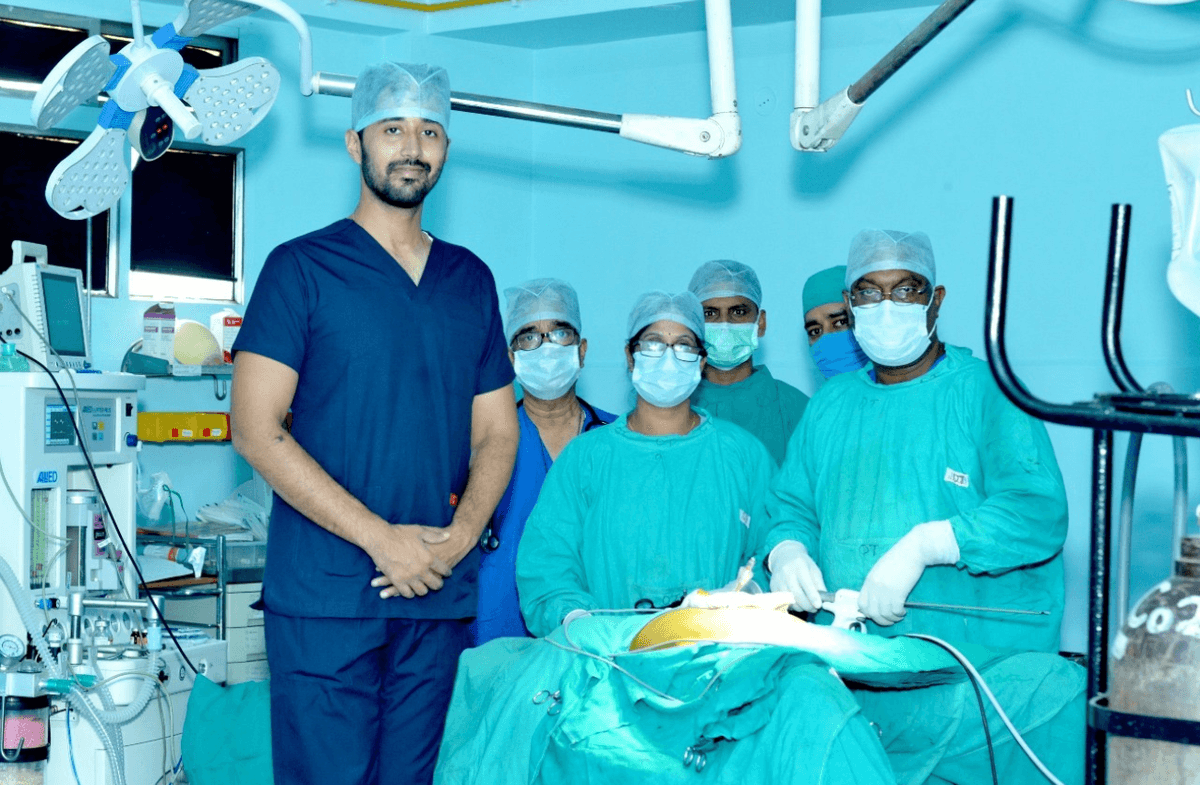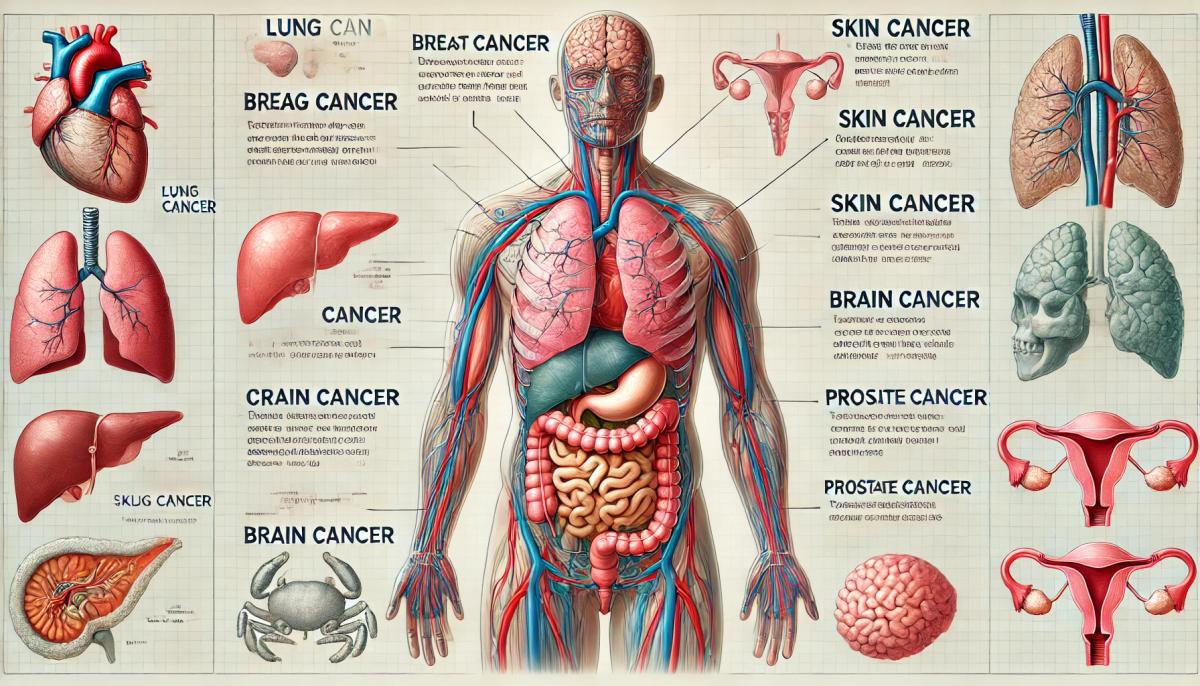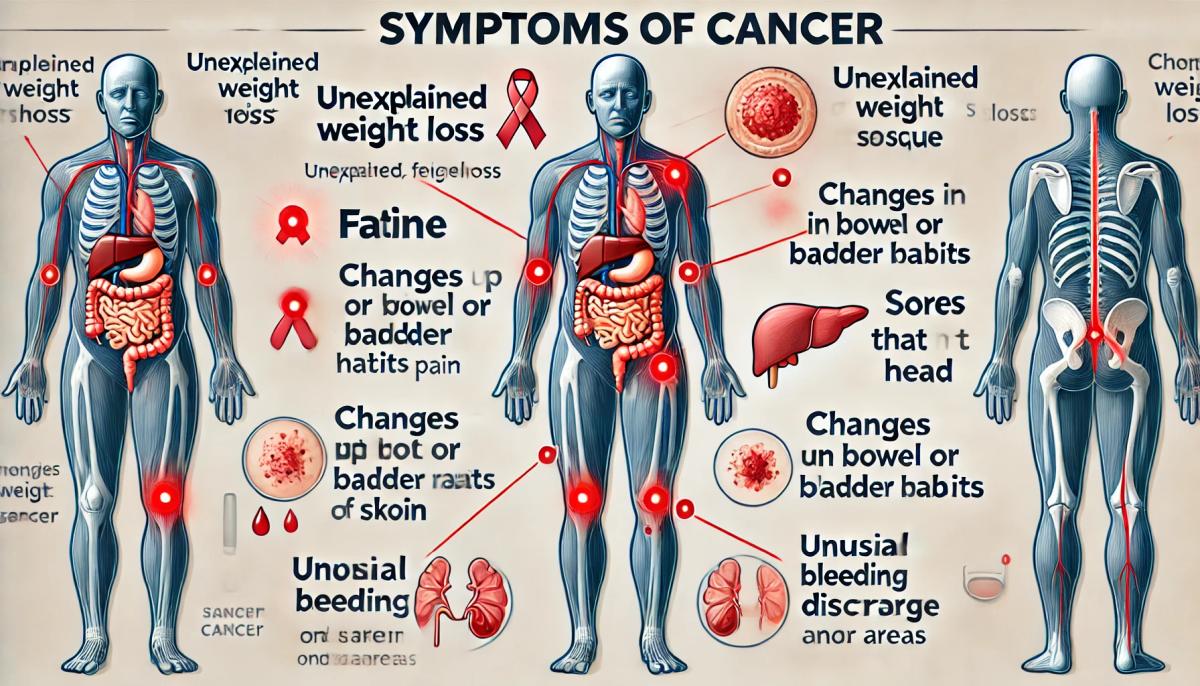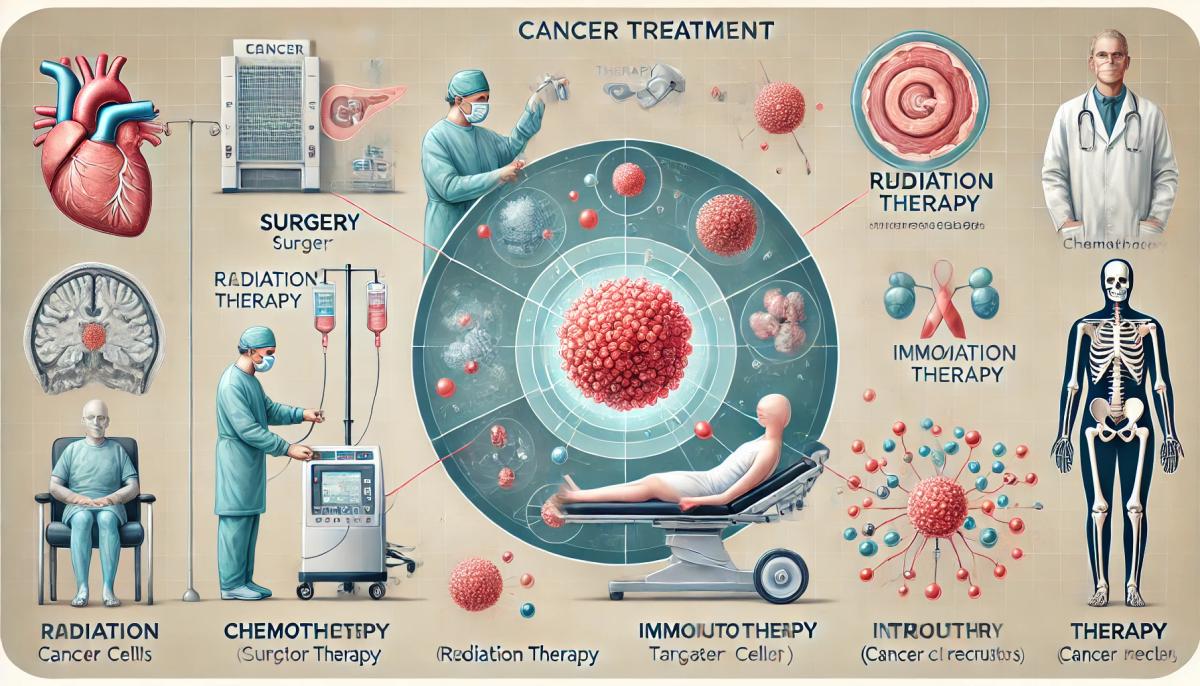

Cancer Treatment

Various techniques are used for successful cancer treatment in India, depending on the type and stage of the disease. Cancer surgery to remove the tumor, chemotherapy to kill cancer cells, and targeted radiation therapy to reduce tumor size are all common cancer therapies. The body's fight against cancer is strengthened by new therapies like immunotherapy, while targeted therapy treats cancer cells only. In hormone-sensitive tumors, hormone therapy reduces growth signals, while stem cell transplantation promotes the recovery of blood cancer. Based on genetic profiles, advanced medical science provides individualized cancer treatment. Better patient outcomes and quality of life depend on early cancer detection, a customized cancer treatment plan, and ongoing medical support.

Almost every part of the body can develop cancer. Here are some of the most common types of cancer:

Symptoms of cancer can vary greatly depending on the type and location of the cancer. Some common signs and symptoms include:
It's crucial to remember that these symptoms can also be indicative of other conditions. If you experience any of these, consult the best doctor in India for proper diagnosis and treatment.

Cancer treatment in India has made significant strides in recent years, offering a wide range of treatment options to patients. These treatment approaches often involve a multidisciplinary approach:
The specific treatment plan will be tailored to the individual patient, considering the type and stage of cancer as well as their overall health.
Consulting with a qualified cancer specialist doctor, ideally one of the best cancer doctors in India, is crucial for developing a comprehensive and effective treatment plan.

Early detection is typically the key to successful cancer treatment. There are usually more treatment options and a better probability of a successful outcome the earlier cancer is discovered. By using cancer-preventive techniques, you can proactively reduce your risk of cancer:

I am Arpit Bansal, a doctor, specialized in advanced laparoscopic, cancer, and laser surgery. With a Fellowship from the UK, i am future-ready for robotic surgeries. I have trained under some of the finest surgeons in India.
Common types of cancer include lung cancer, breast cancer, colon cancer, prostate cancer, skin cancer, and blood cancers like leukemia and lymphoma.
The main types of cancer treatment include surgery, chemotherapy, radiation therapy, immunotherapy, and targeted therapy. Each treatment approach targets cancer cells in different ways, often used in combination to maximize effectiveness.
Common side effects of cancer treatment include fatigue, hair loss, nausea, vomiting, mouth sores, and changes in taste or smell. These side effects can change depending on the type of treatment and individual response.
The treatment, stage, and type of cancer decide how many times a patient needs to be checked. Your physician will suggest a particular timetable, which could change from once a year to every three months. Following their suggestions to keep a look for any negative side effects or repetition is important.
Hair loss is a common side effect of certain cancer treatments like chemotherapy. However, it's important to note that hair often grows back after treatment ends.